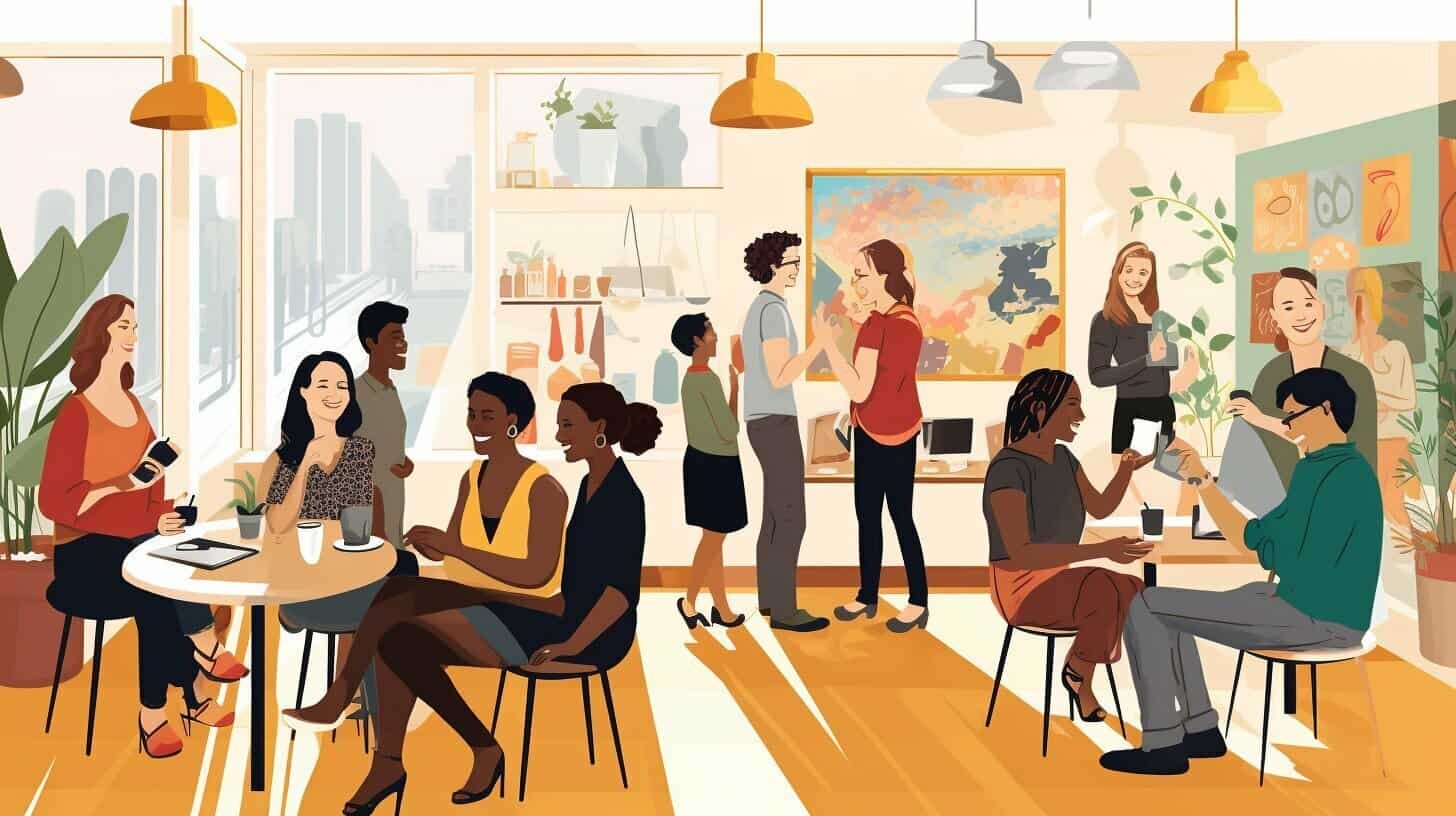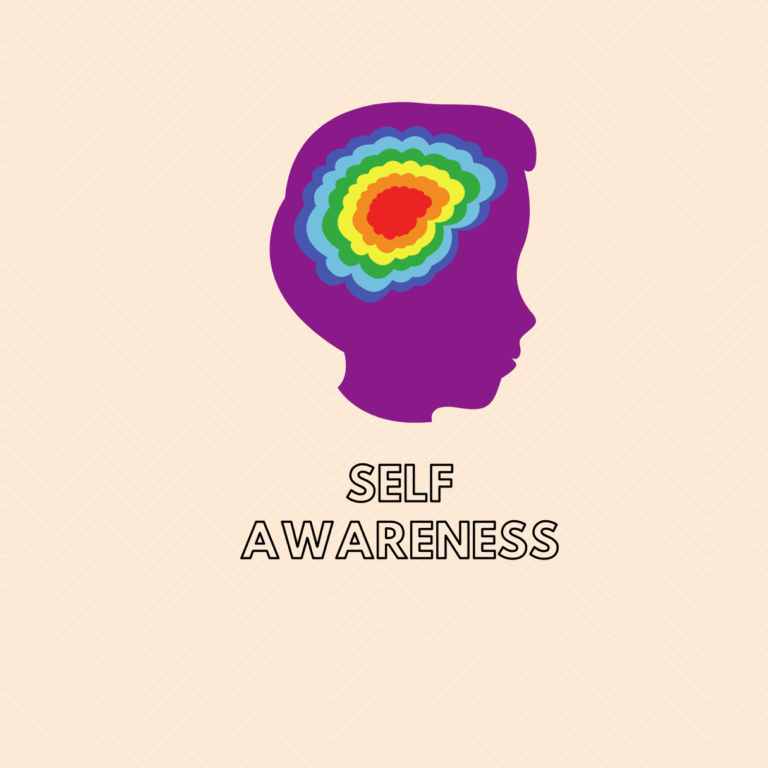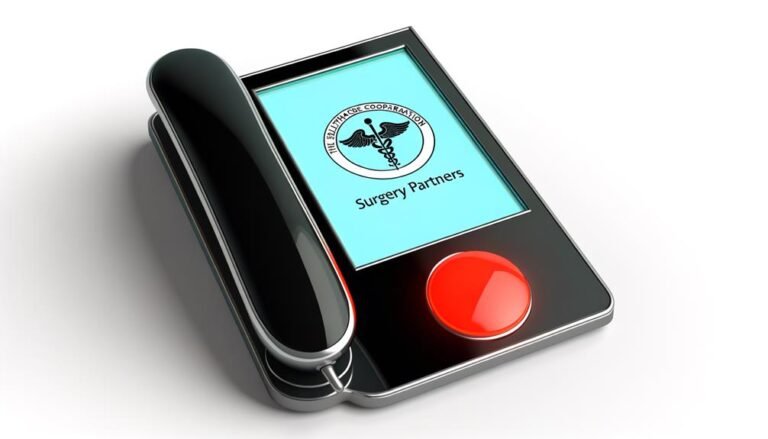Improve Your Social Skills: 10 Easy Ways to Connect with Others
As social creatures, our ability to connect with others plays a crucial role in our personal and professional lives. Developing important social skills is an essential part of adult development, and it can bring a wide range of benefits, such as improving your communication, building stronger relationships, and increasing your confidence.
But what are social skills, and how can they be improved? In this article, we will explore the basics of social skills and provide you with 10 easy ways to connect with others. From building emotional intelligence to understanding social cues and boundaries, we will offer guidance on how to navigate social situations effectively and avoid common pitfalls. Let’s get started!
Understanding the Basics of Social Skills
Good social skills are vital for effective social interaction. They allow us to connect with others, build strong relationships and navigate social situations with ease. Basic social skills include understanding how to read social cues, maintaining eye contact, using appropriate body language and tone of voice, and respecting personal space and boundaries.
It’s important to note that social skills are not innate, but rather developed over time through practice and experience. As we age and mature, our social skills can continue to develop and improve, contributing to our overall adult development.
To enhance your social skills, it’s important to understand the basics of social interaction. This includes being aware of your own behavior and how it affects others, as well as being attuned to the emotions and needs of those around you. By mastering these fundamental skills, you can improve your ability to connect with others and build more fulfilling relationships.
Building Emotional Intelligence
While social skills may include verbal communication and body language, it is also important to develop emotional intelligence to enhance one’s ability to relate to others. Emotional intelligence refers to the ability to understand and manage one’s own emotions, as well as recognize and respond to the emotions of others.
Empathy is a crucial aspect of emotional intelligence that involves taking on the perspective of others and feeling what they feel. By developing empathy, individuals can better connect with others and build meaningful relationships. To improve empathy, one can practice active listening, asking open-ended questions, and showing genuine interest in others.
Through emotional intelligence, individuals can also manage their emotions in social situations. This involves identifying and regulating one’s own emotions to avoid escalating conflicts or causing discomfort to others. Strategies for managing emotions include deep breathing, positive self-talk, and taking a break when needed.
By building emotional intelligence, individuals can enhance their social skills and improve their ability to relate to others on an emotional level.
Enhancing Non-Verbal Communication
Effective communication goes beyond words, and non-verbal cues such as body language and eye contact can convey just as much information. In fact, research shows that up to 93% of communication is non-verbal.
To enhance your social skills, it’s crucial to understand and use non-verbal communication effectively. One way to do this is by paying attention to your own body language. Maintaining an open posture, making eye contact, and smiling can all help build rapport with others.
Similarly, paying attention to the non-verbal cues of others can help you better understand their emotions and feelings. For example, crossed arms may indicate defensiveness, while leaning forward can indicate interest.
In addition, using appropriate touch can also enhance social interaction. A pat on the back or a handshake can convey warmth and connection, while a hug can show support and comfort. It’s important to remember, however, that boundaries vary among cultures and individuals, so it’s essential to respect personal space.
Developing Effective Communication Skills
Effective communication is a crucial component of building strong social connections. Engaging in meaningful conversations with others can help to foster closer relationships and improve overall well-being. Here are some tips for developing effective communication skills:
- Practice active listening: When having a conversation with someone, make a conscious effort to really listen to what they are saying. Show that you are engaged by nodding, maintaining eye contact, and asking follow-up questions.
- Initiate conversations: If you’re shy or introverted, initiating a conversation with someone new can seem daunting. Start by asking open-ended questions, such as “What do you do for fun?” or “What’s your favorite book?” This can help to break the ice and steer the conversation in a positive direction.
- Avoid interrupting: Interrupting someone mid-sentence can be seen as rude or dismissive. Wait until the person has finished speaking before responding. If you’re concerned that you might forget your thought, jot it down on a piece of paper or in your phone.
- Engage in active conversation: Don’t just talk about yourself; engage with the person you’re talking to by asking about their interests, hobbies, and ideas. Share your own experiences and stories, but listen just as much as you speak.
- Be aware of non-verbal cues: Non-verbal cues, such as body language and tone of voice, can be just as important as the words you say. Make eye contact, avoid crossing your arms, and speak clearly and calmly.
By practicing these communication skills, you can improve your ability to connect with others and build stronger relationships.
Understanding Social Cues and Boundaries
Being able to recognize and respond appropriately to social cues is a crucial part of effective social interaction. Understanding non-verbal cues, such as facial expressions and body language, can help you avoid misunderstandings and navigate social situations with ease. Additionally, respecting personal boundaries is essential for building and maintaining positive relationships with others.
What are some examples of social cues?
Social cues are the signals that people use to communicate their thoughts, feelings, and intentions. Some examples of social cues include:
- Facial expressions
- Eye contact
- Body language
- Tone of voice
- Gestures
By paying attention to these cues, you can gain valuable insights into how others are feeling and respond appropriately.
What is personal space, and why is it important?
Personal space refers to the physical distance that people prefer to maintain between themselves and others. It varies from person to person and can depend on factors such as culture, gender, and age. Respecting personal space is important because it can help people feel comfortable and respected in social interactions.
What are some common social pitfalls to avoid?
Interrupting others, invading personal space, and failing to listen actively are all common social pitfalls that can lead to misunderstandings and damaged relationships. It is important to be aware of these behaviors and make a conscious effort to avoid them.
How can I navigate social situations more effectively?
To navigate social situations more effectively, try to:
- Pay attention to social cues and respond appropriately.
- Respect personal boundaries.
- Listen actively and avoid interrupting others.
- Ask questions and show interest in others.
By developing these skills, you can improve your social interactions and build stronger relationships with others.
Building Strong Relationships and Connections
Developing strong relationships and connections is crucial for success in both personal and professional endeavors. Cooperation, teamwork, and getting along well with others are essential components of effective social skills. Here are some tips for building strong relationships and connections:
- Be genuinely interested: Show a genuine interest in other people by asking questions, actively listening, and responding thoughtfully. This helps establish a connection and builds trust.
- Be present: Be present in the moment and give your full attention to the person you’re speaking with. Avoid distractions such as phones or other devices.
- Be respectful: Respect others’ perspectives, values, and boundaries. Treat others the way you would like to be treated.
- Be reliable: Follow through on commitments and be dependable. This builds trust and strengthens relationships.
- Be positive: Maintain a positive attitude and focus on the good in others. This helps to build a positive and supportive environment.
By building strong relationships and connections, you can improve your social skills, enhance your personal and professional development, and experience greater satisfaction in your interactions with others.
Overcoming Social Challenges and Barriers
Social interaction can be challenging for individuals with conditions such as autism, ADHD, anxiety, depression, or addiction. Here are some strategies and resources to help overcome social challenges and improve social skills:
1. Seek Professional Help
If you are struggling with a condition that affects your social skills, seeking professional help can be a game-changer. A qualified therapist or counselor can provide guidance and support tailored to your specific needs.
2. Practice Self-Care
Taking care of your physical and emotional well-being is essential for improving social skills. Engage in activities that make you feel good, such as exercise, meditation, or creative hobbies. Make sure to get enough sleep and eat a healthy diet.
3. Join Support Groups
Support groups offer a safe and supportive environment to connect with others who share similar experiences. You can find support groups online or in person. These groups can be especially helpful for addressing common issues, sharing coping strategies, and building social skills.
4. Set Realistic Goals
Improving social skills can take time and effort. It’s important to set realistic goals and celebrate small achievements along the way. Don’t be too hard on yourself if you encounter setbacks or challenges. Remember that progress is a process.
5. Practice Social Scenarios
Practicing social scenarios can help reduce anxiety and improve confidence in social situations. You can create imaginary scenarios or practice with a trusted friend or family member. Role-playing can also be a fun and effective way to improve social skills.
6. Use Technology
Technology can be a valuable tool for improving social skills. There are many apps and online resources available that provide social skills training, virtual social scenarios, and communication practice. These tools can be especially helpful for individuals who prefer to learn at their own pace.
Remember that improving social skills is a journey, not a destination. With a bit of effort and support, you can overcome social challenges and build meaningful connections with others.
FAQ: Frequently Asked Questions about Improving Social Skills
Improving your social skills can be challenging, but it’s essential for building strong relationships and succeeding in various social settings. Here are some frequently asked questions about improving social skills:
1. How can I improve my communication skills?
Effective communication involves not only speaking but also actively listening to others. Engage in meaningful conversations with others, and ask open-ended questions to encourage dialogue. Avoid interrupting others and practice non-verbal cues like making eye contact and nodding to show attentiveness.
2. What are social cues, and why are they important?
Social cues are the non-verbal signals we use to communicate with others, like tone of voice, facial expressions, and body language. Understanding social cues is crucial for interpreting others’ emotions and responding appropriately. Respect personal boundaries, and pay attention to others’ non-verbal signals to avoid misunderstandings.
3. How can I build emotional intelligence?
Emotional intelligence involves recognizing and responding to our own emotions and others’. Practice empathy by putting yourself in others’ shoes and striving to understand their perspectives. Validate others’ feelings and express your own emotions effectively.
4. How can I overcome social challenges like anxiety or ADHD?
Individuals with social challenges like anxiety or ADHD can benefit from seeking professional help, such as counseling or therapy. Practice stress-reducing techniques like deep breathing or mindfulness. Use positive self-talk, and focus on building small successes to build confidence.
5. How can I get better at conflict resolution?
Conflict resolution involves actively listening to others’ perspectives and finding a mutually beneficial solution. Practice using “I” statements rather than blaming others. Avoid making assumptions, and focus on finding common ground. Seek outside help or mediation if necessary.
Improving your social skills is a continual process that can lead to endless benefits in personal and professional relationships. Remember to practice active listening, respect boundaries, and build emotional intelligence to succeed in various social settings.








